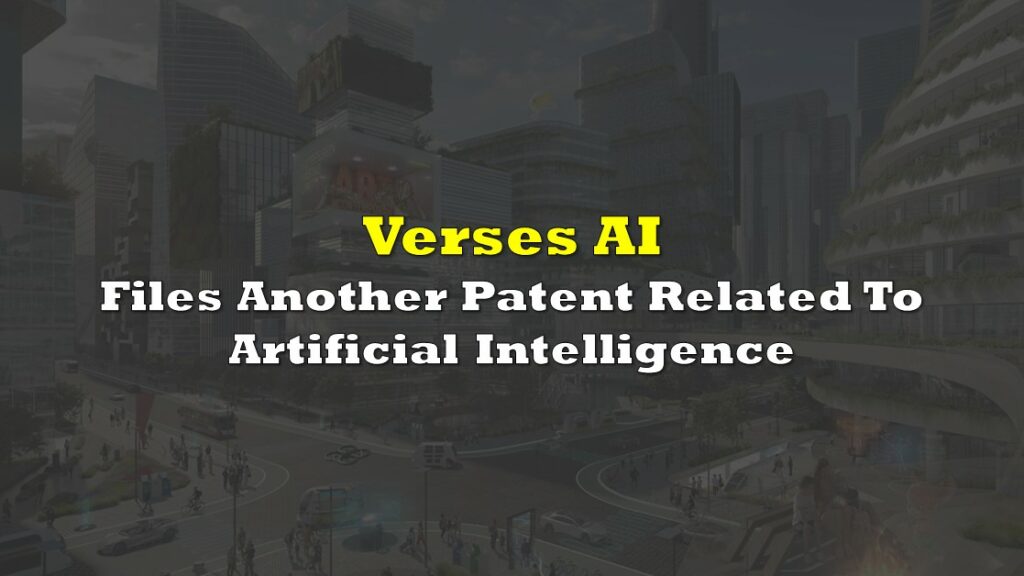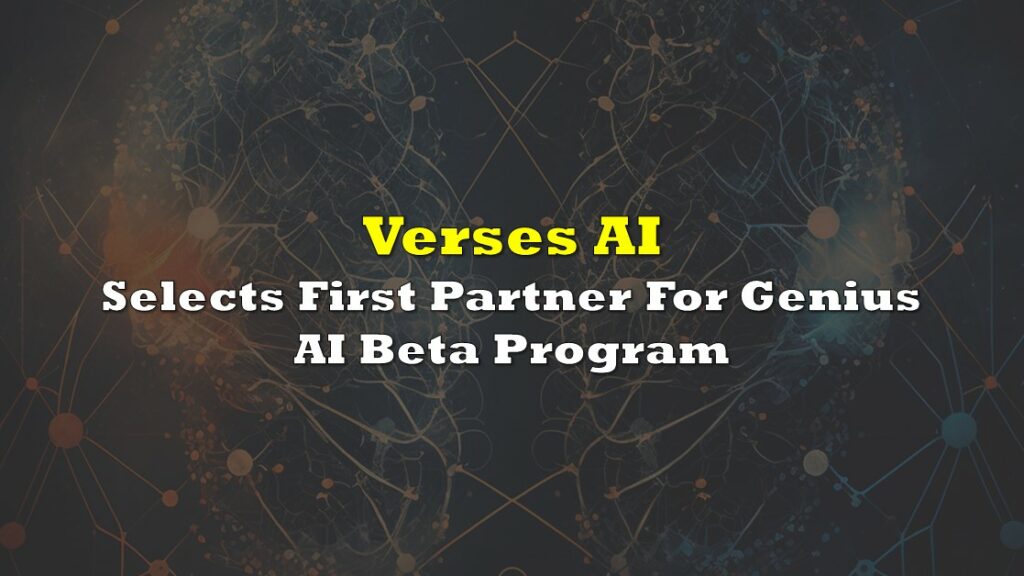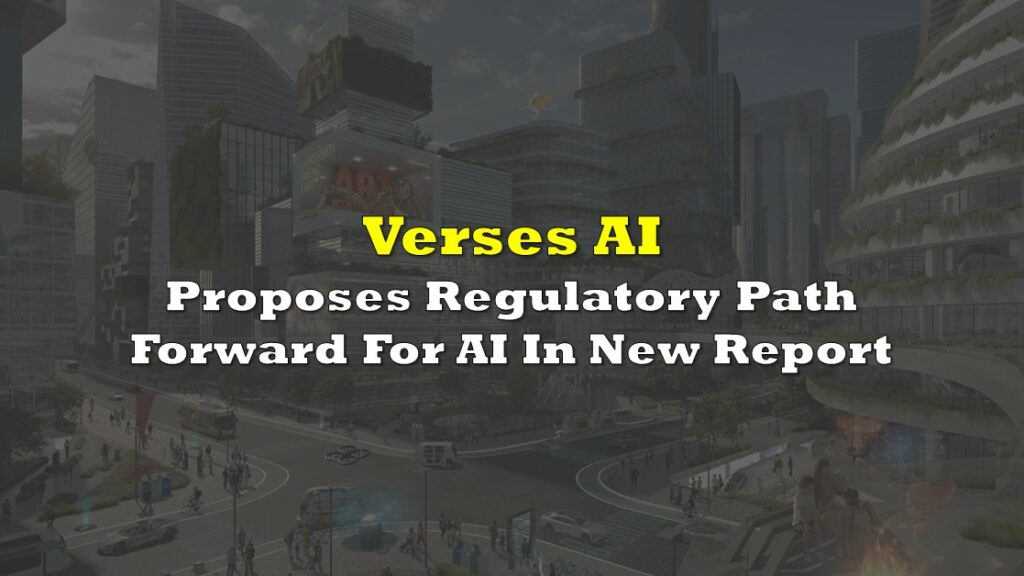FULL DISCLOSURE: Canacom Group is long the equity of VERSES AI.
In a significant leap forward for autonomous vehicle (AV) technology, VERSES AI (CBOE: VERS) has announced promising results from a collaboration with Volvo Cars. This partnership aims to address one of the most critical challenges in the AV industry: predicting and avoiding unseen pedestrians and other obstacles.
This breakthrough, powered by VERSES’ Genius algorithms, marks a major advancement in the safety features of self-driving vehicles, with the potential to improve pedestrian safety globally.
The collaboration between VERSES and Volvo Cars has led to the development of an AI system that predicts the movement of people, animals, and objects hidden behind stationary vehicles or structures. This research could help autonomous vehicles avoid accidents with pedestrians or cyclists who unexpectedly enter the road.
One of the primary obstacles in autonomous vehicle safety is predicting the movement of unseen pedestrians or cyclists. Current AI technologies are limited by what they can see, making it difficult for self-driving cars to respond effectively to hidden obstacles. This issue has been a major stumbling block in the AV industry’s path to achieving full autonomy.
“As the automotive industry progresses towards fully autonomous self-driving cars, predicting where unseen obstacles like people or bicyclists may be, or which trajectory they may be on, has been a significant unsolved safety challenge,” explained CEO Gabriel René. “We believe the inability of current autonomous driving systems to overcome this hurdle is holding back the AV industry worldwide.”
The solution lies in VERSES’ Genius algorithms, which use a combination of machine learning and predictive modeling to anticipate the appearance of obstacles that are obscured from view. By analyzing the behavior of other road users and the environment, the system can predict potential hazards before they become visible to the vehicle. This predictive ability is expected to dramatically reduce the risk of accidents involving pedestrians and cyclists.

Source: VERSES AI/Volvo Cars
The research conducted by VERSES and Volvo Cars, titled “Navigation under uncertainty: trajectory prediction and occlusion reasoning with switching dynamical systems,” details the technical aspects of this advancement. Using the Waymo open dataset—a widely recognized source of real-world data for autonomous vehicle development—the research team was able to simulate and test the Genius algorithm’s ability to predict movement behind stationary objects like parked cars or large trucks.
The results were significant. The experiments demonstrated that the Genius system could successfully predict the trajectories of unseen pedestrians, cyclists, and animals with a high degree of accuracy, offering a clear improvement over current AI systems used in autonomous vehicles. This marks a notable shift from reactive to predictive vehicle behavior, a crucial advancement for the widespread adoption of self-driving technology.
“The research project with Volvo Cars showcases how VERSES can help solve this problem,” René said. “We expect this to pave the way for safer streets for pedestrians, cyclists, cars, robots, and beyond.”

Source: VERSES AI/Volvo Cars
The advancements made by VERSES and Volvo have far-reaching implications for road safety, not only for autonomous vehicles but also for conventional cars equipped with advanced driver-assistance systems (ADAS). The ability to predict pedestrian movements could enhance features such as emergency braking, lane departure warnings, and collision avoidance systems, creating a safer environment for all road users.
Despite the impressive progress, the path to fully autonomous driving remains complex. While VERSES’ Genius algorithm addresses a significant safety issue, many other factors need to be considered before self-driving cars can become mainstream. Weather conditions, road infrastructure, and unpredictable human behavior are just a few of the challenges that developers and manufacturers will need to overcome.
Moreover, the regulatory landscape for autonomous vehicles is still evolving. Governments around the world are grappling with how to legislate for the safe deployment of AVs, and technologies like those developed by VERSES and Volvo will likely play a crucial role in shaping future regulations.
Nonetheless, the strides made by VERSES and Volvo represent a critical step forward in the quest for safer autonomous vehicles. By addressing one of the industry’s most pressing challenges—predicting and avoiding unseen pedestrians—this partnership brings the dream of fully autonomous driving closer to reality.
FULL DISCLOSURE: Canacom Group, the parent company of The Deep Dive is long the equity of VERSES AI. Not a recommendation to buy or sell. Always do additional research and consult a professional before purchasing a security.









